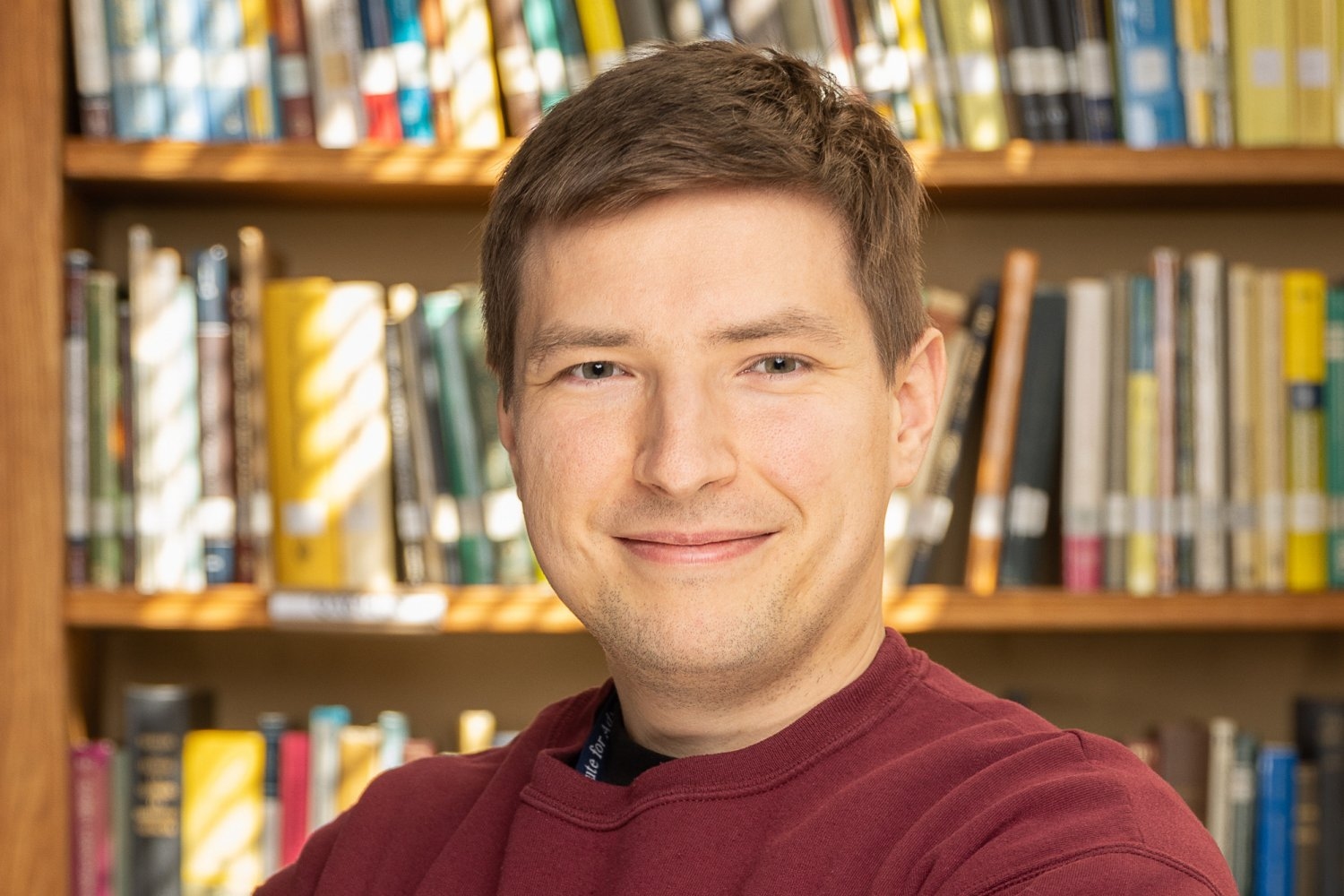
MIT assistant professor of physics shares award for understanding the large-scale structure of the universe.
Sandi Miller | Department of Physics
Assistant professor of physics Mikhail Ivanov will receive the 2024 New Horizons in Physics Prize, which he will share with Marko Simonović from the National Institute for Nuclear Physics (INFN) at the University of Florence, and Oliver Philcox from Columbia University and the Simons Foundation.
The New Horizons Prize, which is given to promising early-career physicists and mathematicians making strides in their research fields, recognizes Ivanov, Simonovic, and Philcox “for contributions to our understanding of the large-scale structure of the universe and the development of new tools to extract fundamental physics from galaxy surveys.”
“It is a great honor for me to receive this award, and I’m deeply grateful to the selection committee for this privilege,” says Ivanov. “It is a symbol of academic recognition, but also a symbol of responsibility. It means I have an obligation to continue carrying out quality research and mentoring the younger generation of physicists.”
The three researchers were recognized for their study of the structure of the cosmos at the galactic scale, and for finding ways to use that knowledge to bring fresh insights to fundamental physics. This large-scale structure of the universe has the potential to become a new gold mine of cosmological information that could provide crucial insights into the nature of dark matter, dark energy, and the early universe, says Ivanov.
They created theoretical and practical tools for cosmological parameter estimation from galaxy clustering data to produce novel measurements of cosmological parameters and constraints on physics beyond the standard cosmological model from the BOSS (Baryon Oscillation Spectroscopic Survey) and eBOSS surveys. These results set the stage for new studies of fundamental physics with upcoming high-precision galaxy clustering data.
Ivanov is a researcher in MIT’s Center for Theoretical Physics (CTP), a division of the Laboratory for Nuclear Science. Ivanov’s research is at the interface of theoretical physics and data analysis, bridging state-of-the-art theoretical ideas with observational data. He seeks to use Effective Field Theory in combination with astrophysical data in order to resolve fundamental challenges of modern physics, such as the nature of dark matter, dark energy, inflation, and gravity.
“Professor Ivanov joined our department this fall, and we are delighted and proud that he has received this important recognition of his work,” says physics department head Deepto Chakrabarty.
Under the supervision of Sergey Sibiryakov in 2019, Ivanov received his PhD from the École Polytechnique fédérale de Lausanne and spent a year at the Institute for Advanced Study in Princeton, New Jersey, as a fellow of the Swiss National Science Foundation. He was a postdoc at New York University and a NASA Einstein Fellow at the Institute for Advanced Study, and joined the CTP as an assistant professor in July.
Other recognitions include the 2021-23 NASA Hubble Fellowship Program Einstein Fellowship, the 2021 Second Buchalter Cosmology Prize, the 2019 EPFL PhD Distinction prize for “an outstanding thesis in physics,” and a 2018-19 Swiss National Science Foundation Mobility Fellowship.
The trio are among 12 early-career physicists and mathematicians sharing six $100,000 New Horizons in Physics Prizes.
Founded by a group of Silicon Valley entrepreneurs, the Breakthrough Prizes recognize the world’s top scientists in life sciences, fundamental physics, and mathematics. The laureates are to be honored at the 10th annual Breakthrough Prize ceremony in Los Angeles on April 13, 2024.
